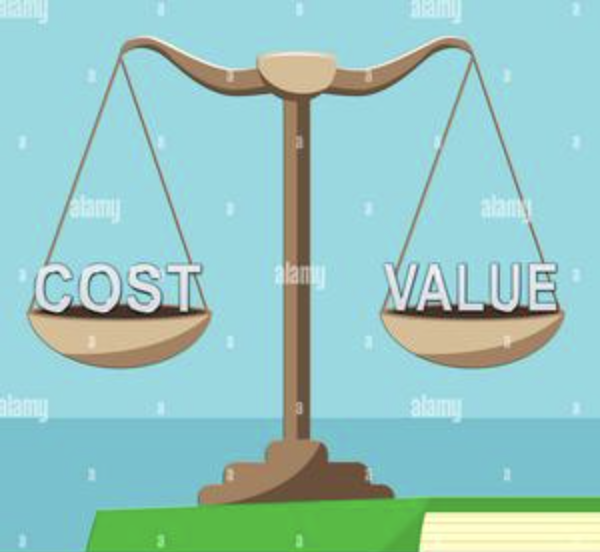Leveraging Credit Wisely
For young professionals earning good salaries, consumer loans are a way to build wealth. The strategy of using low-interest credit for essential purchases while investing income into high-return opportunities is effective. For instance, a 0% APR credit card for 18 months could finance a certification that enhances job prospects, with salary increases from the new certification covering the monthly payments.
Timing your borrowing can be key to success. Obtaining a personal loan during low-rate times to invest in undervalued items—such as rare watches or limited collectibles—can generate returns greater than the interest paid. This transforms debt into a means for obtaining valuable assets rather than relying solely on savings, which may take longer.

Repayment Strategies
To avoid falling into debt traps, careful planning is essential. Opting for bi-weekly payments instead of monthly ones helps to reduce the principal more quickly, cutting interest costs by 20–30% over the life of the loan. Moreover, using apps that direct any raises or bonuses towards additional payments can expedite this process without putting pressure on finances.
Establishing different credit tiers can help distinguish between needs and wants. A dedicated low-limit credit card for non-essential purchases helps prevent overspending, while a higher-limit card with better terms can be used for important expenses like job-related travel or items for skill development. This approach supports credit scores while allowing flexibility.
Building Credit Without Straining Finances
Young borrowers with financial means can enhance their credit profiles. By keeping credit usage below 10% during reporting periods and utilizing higher limits for short-term needs—paying off balances before billing cycles close—they can improve their credit scores while still having access to necessary funds.

Nurturing relationships with lenders is beneficial. Making regular payments to well-regarded lenders can lead to better rates on future loans, like mortgages or business financing. This long-term view allows responsible credit use to serve as a stepping stone for more significant financial moves.
Using secured credit tools wisely can enhance credit without any danger. Choosing secured cards that are backed by cash deposits, where your limit matches the amount you put down, helps prevent overspending and ensures that your regular payments are shared with credit bureaus. Furthermore, if you become an authorized user on a trusted family member's established credit account, you can benefit from their good credit history, speeding up your score improvement. These strategies make use of current financial stability to develop credit naturally while steering clear of the lure of borrowing too much.
Steering Clear of Lifestyle Inflation
Those with high incomes must be aware of the dangers of excessive borrowing. Linking loan amounts to income growth can lead to overextension—using salary increases as reasons to take on more credit instead of relying on current cash flow. This approach helps avoid lifestyle inflation by ensuring debt increases only in line with earning capacity.

Implementing psychological limits, such as pre-determined spending caps based on net worth rather than income, is useful. For instance, restricting total consumer debt to no more than 5% of investable assets guarantees that borrowing does not jeopardize long-term wealth growth, keeping credit a valuable tool rather than a hindrance.
For young individuals who manage their finances wisely, consumer credit is not simply about overspending; it is a carefully measured means for fostering growth. When used judiciously, it can connect current resources with future opportunities, facilitating meaningful progress.

Real Estate: The End of “Only Up”

Main advantages of pay stub generators

First Step for Finance Newbies: Allocate Income Wisely

Stock Investing Pitfalls: New HNWIs’ Costly Mistakes

Teaching Behavioral Finance to Teens: Building Smarter Money Habits Early

Is Insurance an Expense or an Investment?

Choosing Commercial Insurance: Life or Wealth?
